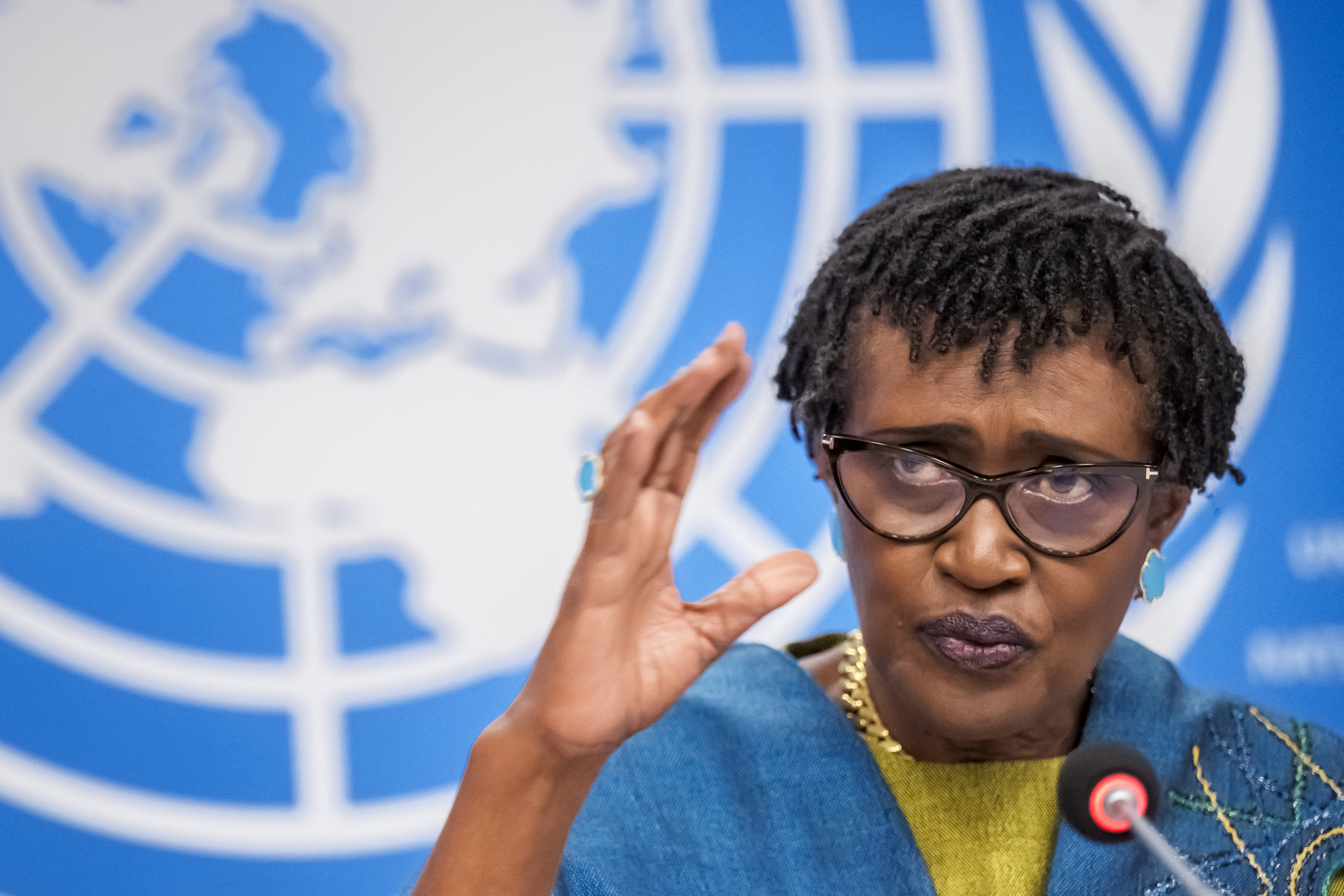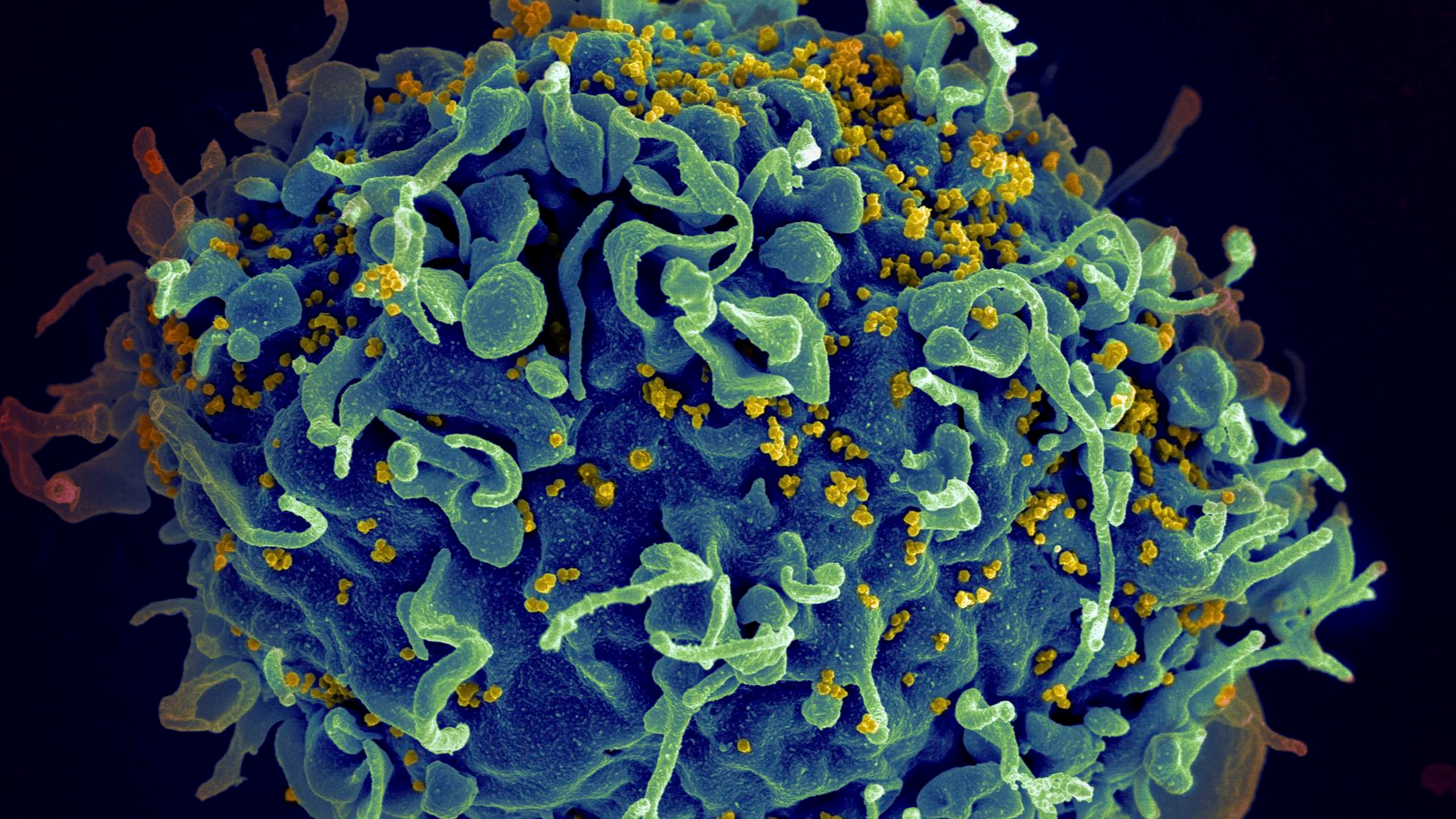
GENEVA - An uncounted number of extra people have died from AIDS and 2.5 million have lost access to medicine to block the spread of HIV, because of cuts to global programs since Donald Trump returned to the White House, the UN body fighting AIDS said on Tuesday.
"Persistent funding shortfalls and the perilous risks facing the global HIV response are having profound, lasting effects on the health and well-being of millions of people throughout the world," said a report by UNAIDS.
The report said UNAIDS' community partners had reported deaths of people living with HIV due to the shuttering of local clinics and treatment, although the exact number of additional deaths remains unclear as data collection was still ongoing.
The global AIDS response entered "crisis mode" when the largest donor, the United States, which accounted for 75 percent of international HIV funding, temporarily halted all HIV-related funding earlier in the year, UNAIDS said.
ALSO READ: UNAIDS calls for nations to fill the gap as Trump pulls funding
The White House, asked for comment, rejected the assessment as "totally false" and said Trump has a "humanitarian heart".
"The Trump administration is simultaneously ensuring all programs funded by American taxpayers align with American interests, just as this president was elected to do," said a White House spokeswoman, Anna Kelly.
Other donor countries have also dramatically scaled back foreign aid programs this year, including European countries pressed by Trump to ramp up spending on defense instead.

Though some HIV programs have since resumed with funds from a US program known as PEPFAR, the President's Emergency Plan for AIDS Relief, overall funding continues to decline, jeopardizing 2030 targets to end AIDS as a public health threat, UNAIDS said.
UNAIDS Executive Director Winnie Byanyima told reporters in Geneva that her agency was working with at least 30 countries to improve domestic financing to move away from dependency on international donors. But she said the funding gap could not be closed immediately and major challenges remain.
The UN agency says 40.8 million people are living with HIV, with 1.3 million new infections reported in 2024.
Prevention services 'devastated'
Between 2010 and 2024, annual AIDS-related deaths have fallen 54 percent to 630,000, and new infections have also dropped by 40 percent. But maintaining that progress has been put in peril by funding cuts which have "devastated" prevention services, the report found.
It estimated that 2.5 million people had lost access to the PrEP preventive HIV medication as of October 2025 due to donor funding cuts. Byanyima said the distribution of preventive HIV medicines had fallen by 31 percent in Uganda, 21 percent in Vietnam and 64 percent in Burundi. In Nigeria, the distribution of condoms fell by 55 percent from December last year to March this year.
READ MORE: Risk of 2,000 new HIV infections a day after US aid freeze, UN says
A survey conducted this year by UNAIDS and women's rights group the ATHENA Network found that nearly half of women and adolescent girls reported disruptions to HIV prevention and treatment services in their communities.


